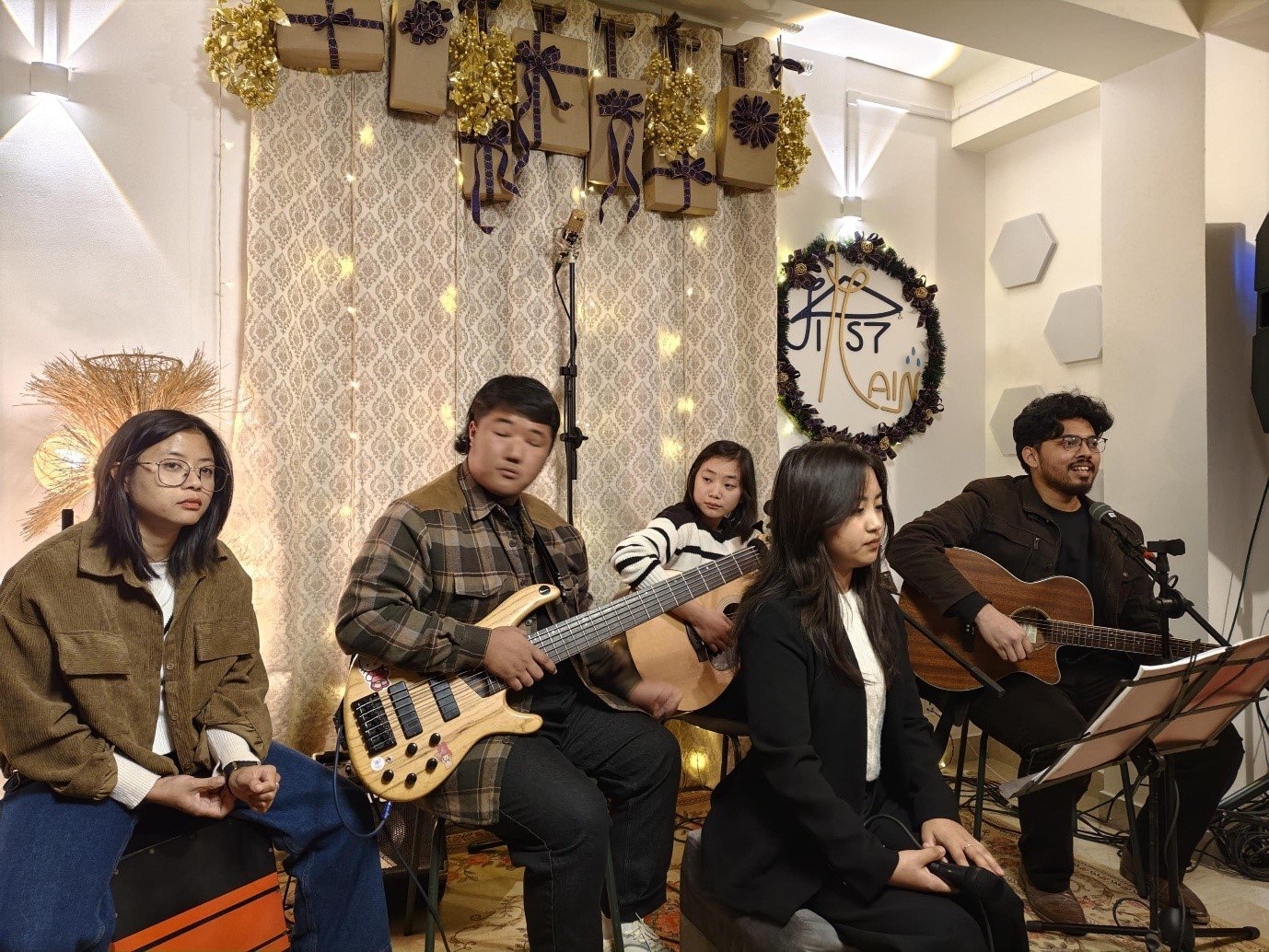The Creativity Series, themed “Narratives That Shape Us,” began on December 13 at Sangtemla Ward 73G, bringing together storytellers, poets, and musicians to explore the transformative power of narratives. Organized by First Rain, the two-day event aimed to celebrate how stories shape individual and collective identities while bridging generational gaps. Mmhonlumo Kikon, an accomplished author, poet, and politician, graced the occasion with his presence.
Held from 4:00 PM to 6:00 PM on December 13 and 14, the series showcased a diverse lineup of local talents who captivated audiences with their personal stories, poetry, and music.
Day 1 Highlights (December 13):
The first day featured performances by Akok Walling, Lanukaba Imchen, Menangtemsu Longkumer, The Band Adore, Opangalanger Longkumer, Asungla Aodang, and Tiajungla S Longkumer.
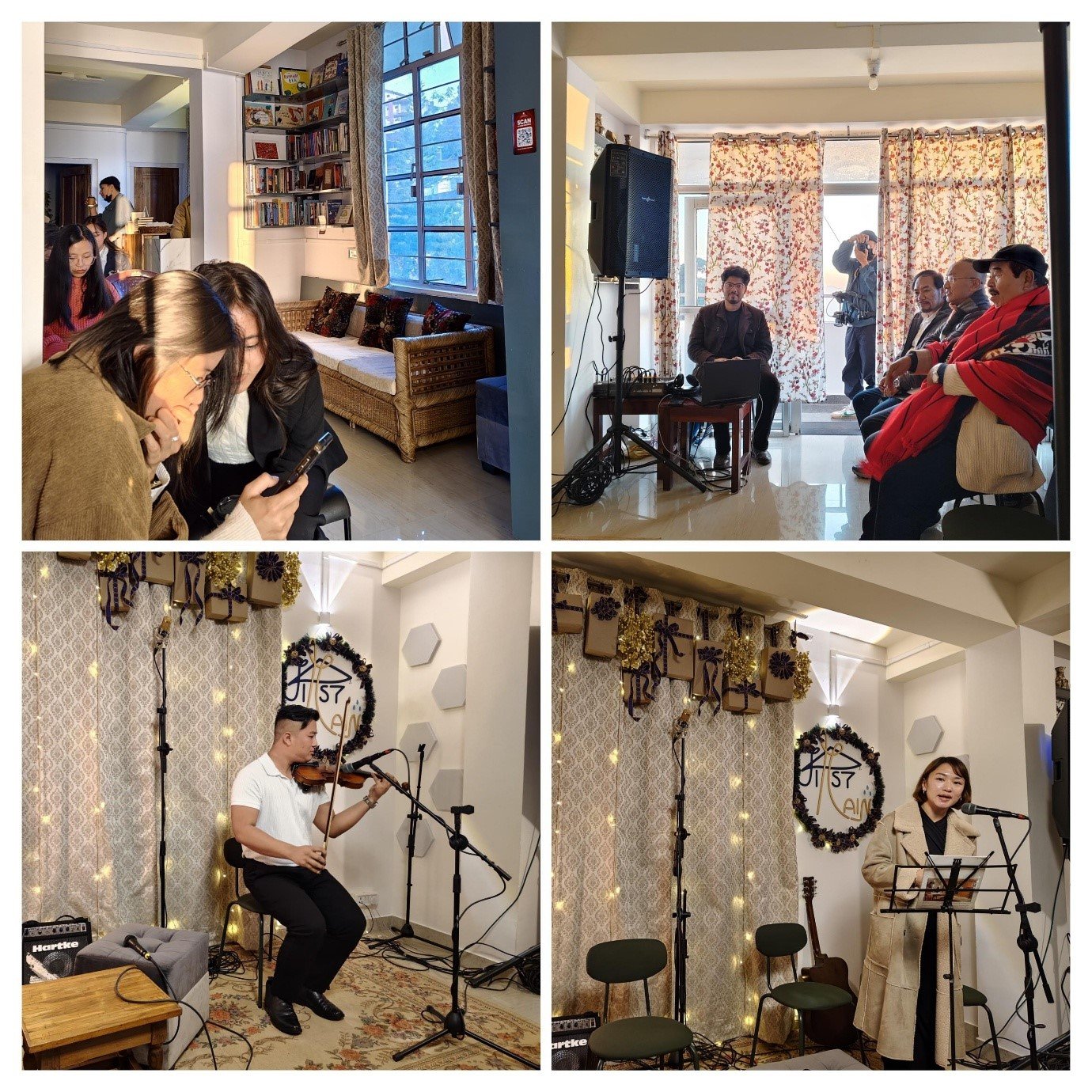
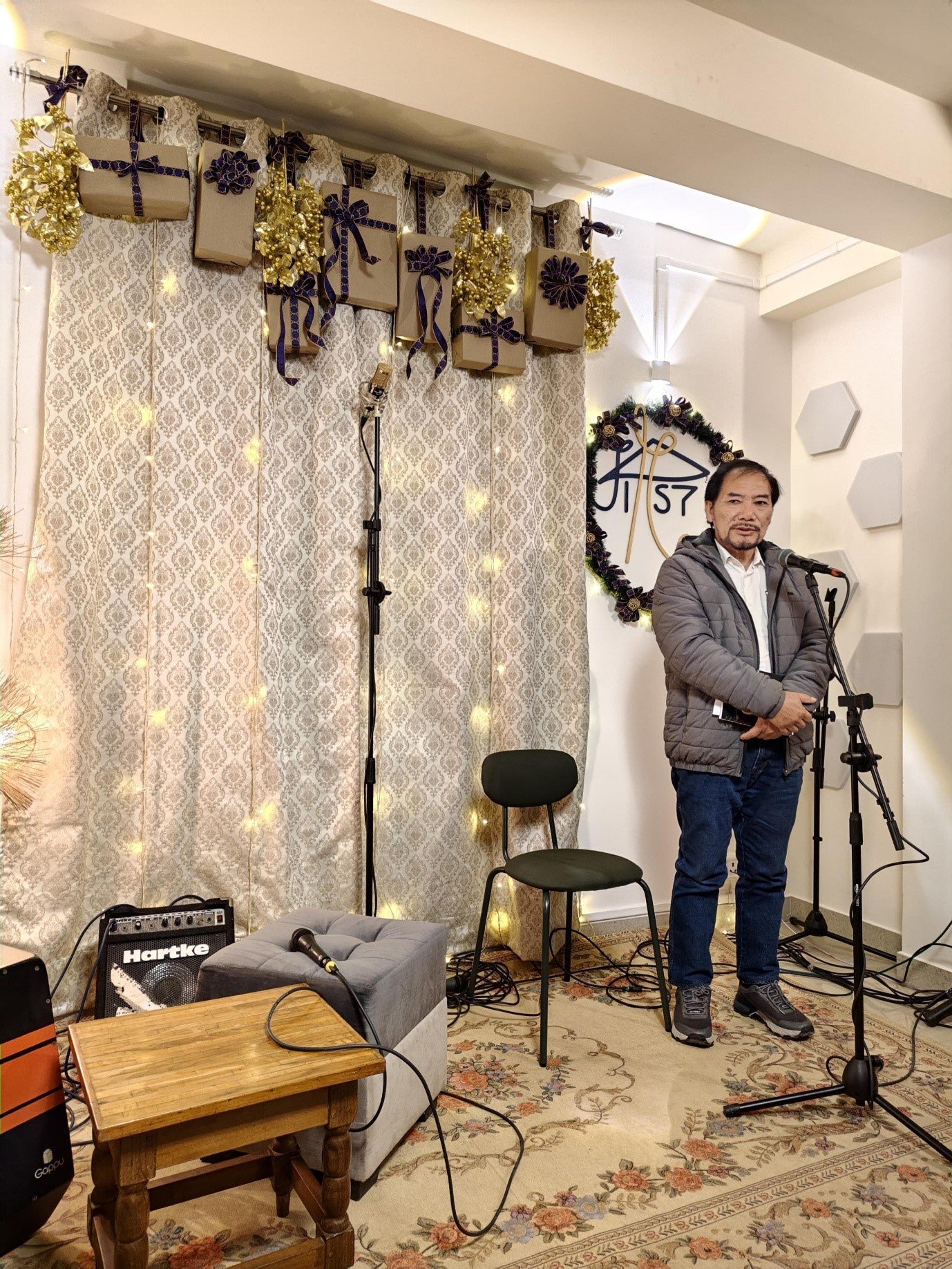
Akok Walling shared a poignant story from his childhood about Lijaba, revered by the Ao community as “the living God” and creator of the world. He reflected on how hearing the story told in varying narratives over time influenced his spiritual, cultural, and philosophical outlook. “Narratives shape us,” Walling emphasized, sharing how folktales nurtured his love for culture and revealed connections between Ao traditions, life philosophy, and the Bible.
Walling also highlighted key Ao cultural values like Yangatep (helping each other in times of need) and Lenji (selfless accompaniment), lamenting their decline In modern times. “We had a social life rich in collective gestures and mutual aid, free of individualism,” he said, urging the audience to embrace narratives that promote cultural preservation and unity. “The story gives you the incidents, but the narrative gives you the message,” he concluded.
Download Nagaland Tribune app on Google Play


Lanukaba Imchen, a 75-year-old former Captain in the Naga Army, shared his life story, reflecting on his experiences during the Indian Army’s 1956 burning of Aliba village. Born into a non-Christian family on October 14, 1950, Imchen recalled fleeing to the forest with his family, witnessing airplanes—referred to as “Pelamesen” in Ao dialect—for the first time, and enduring severe hardships.
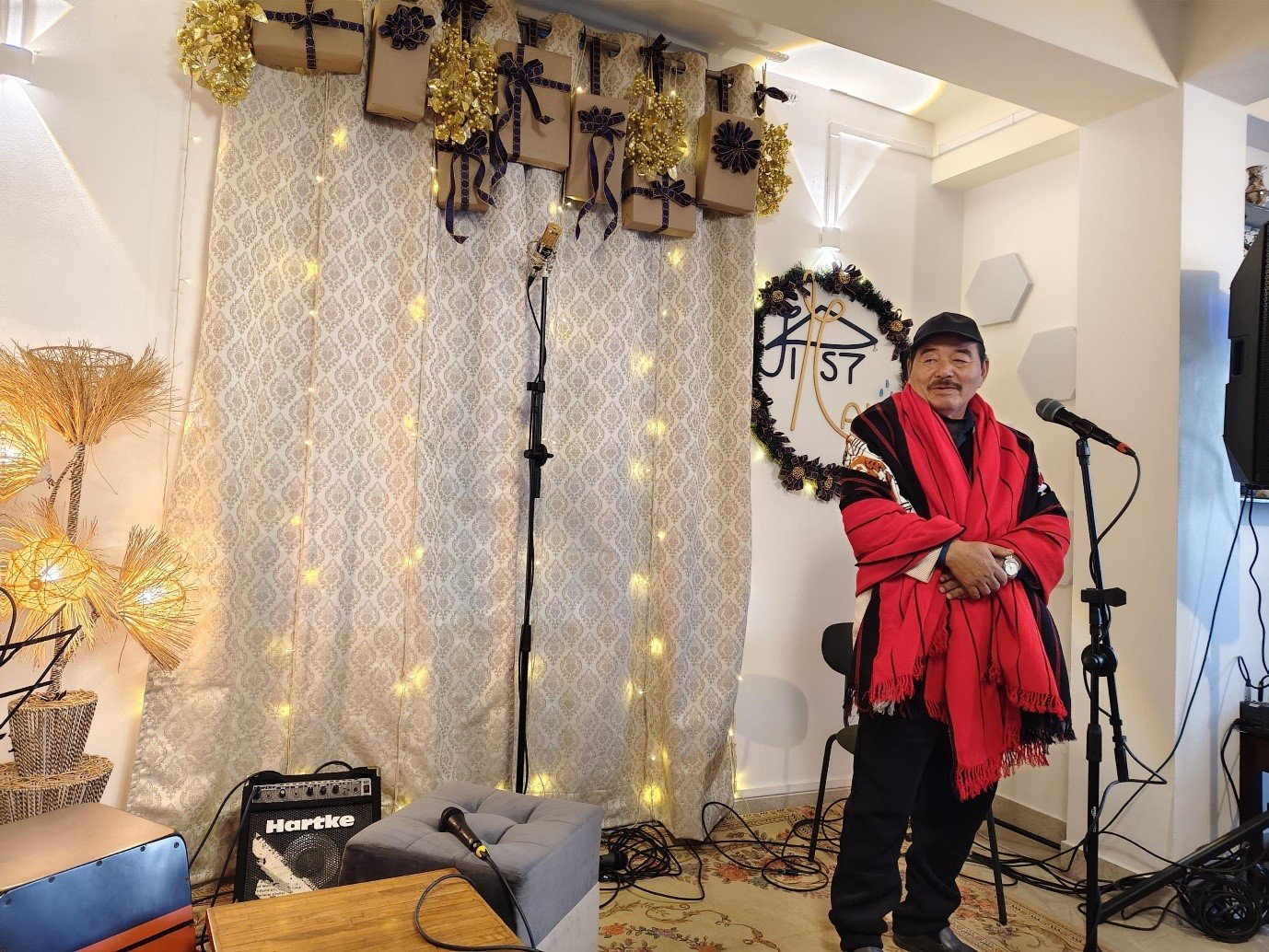
“The lack of food, malnutrition, and loss of lives were devastating,” Imchen shared, revealing atrocities, including violence against women, that he witnessed firsthand. He also discussed his transition from animistic rituals to Christianity and the strict discipline of his early years, contrasting it with the challenges faced by today’s youth.
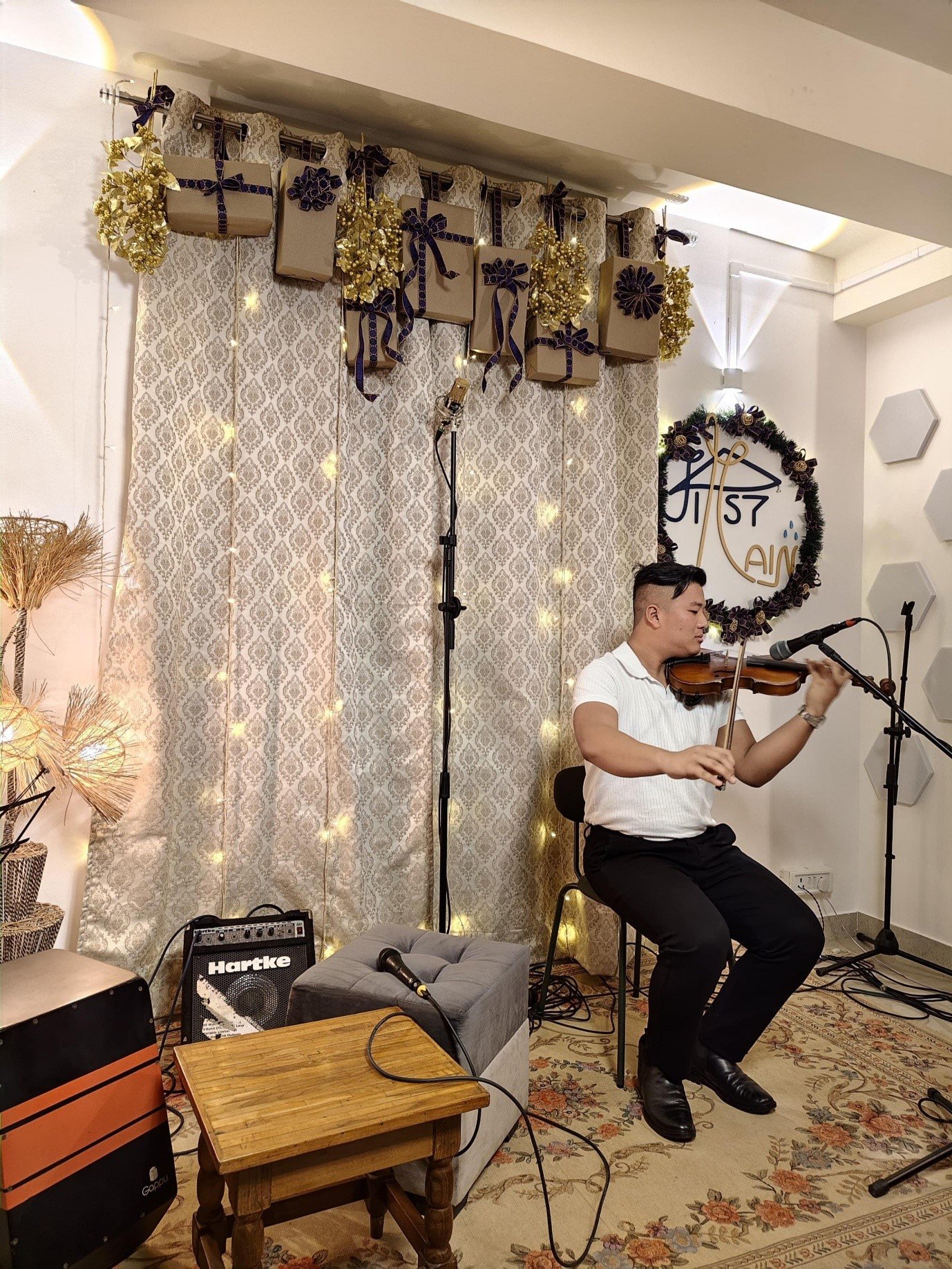
Imchen joined the Naga Army on December 7, 1971, and recounted the hardships of underground life, including going without food for seven days and water for three. In 1975, he returned to civilian life, pursuing education, getting a government job, resigning and volunteering for social service. “Don’t think government jobs are the only way to survive,” he advised, emphasizing self-reliance and resilience.
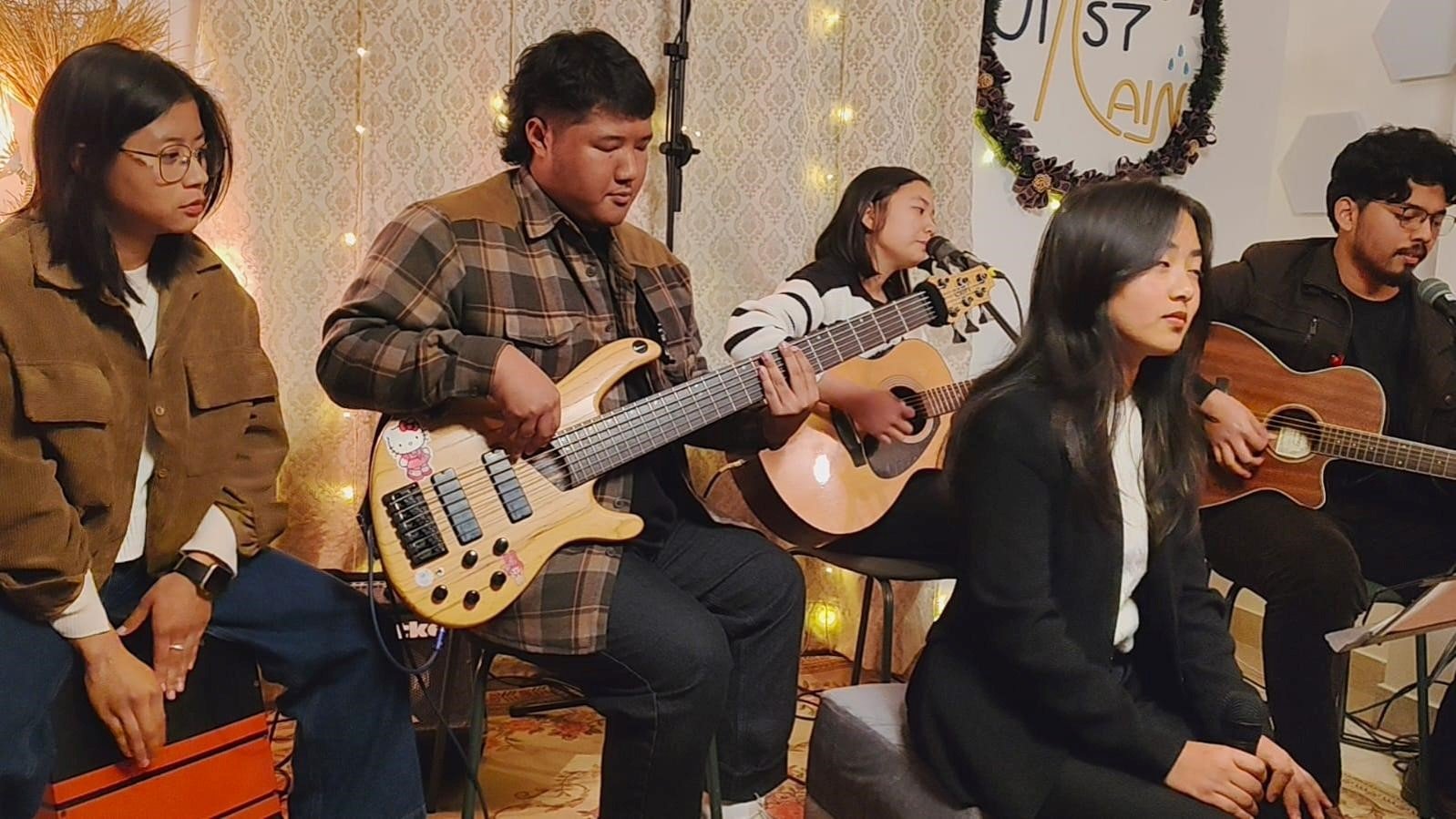
Members of First Rain, shared that the series provided a platform to showcase local artistry while encouraging reflection on how narratives shape lives and communities. “Through this platform, we aim to inspire a deeper understanding of our shared stories and bridge generational gaps,” they said.
Day 2 Highlights (December 14):
The lineup features includes:
Arenpongla Jamir
Akangtemsu Yaden
Jentiyanger
Molung Longkumer
Lipokmenla Ozukum and Friends
